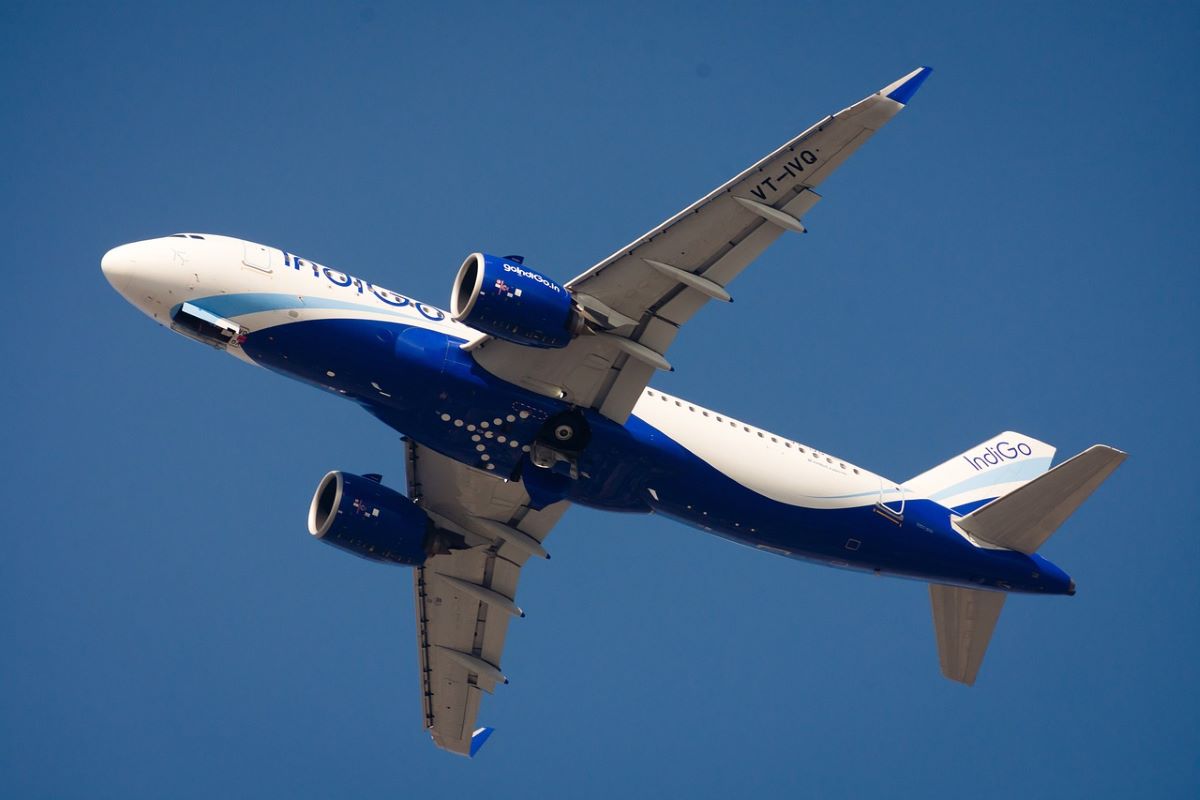Skift Take
Indian airlines are accounting for a larger share in international traffic to and from India. However, this is likely in part due to the government’s restriction on additional bilateral flying rights.
Indian carriers accounted for more than 45% of the international traffic to and from India during the April-June quarter. As compared to pre-pandemic figures, the share of Indian carriers in international traffic increased by over 10 points.Â
IndiGo and Air India have witnessed a 20% increase in international passenger traffic compared to last year, most likely due to the government’s decision to restrict additional bilateral flying rights for foreign airlines.
On the contrary, the share of Middle Eastern carriers in the international traffic to and from India remained lower than pre-Covid levels, with Oman Airâs share having declined by over 40% during the quarter from 2019.Â
This trend reinforces the call for changes in the current bilateral flying rights granted by India. Earlier this year, Emirates President Tim Clark had said that India is restricting its flying rights to give time to Air India and the Tata group amid its merger with Vistara.
âIndia is clearly protecting the merger of Air India and Vistara. I know from years of experience that protecting your national carriers to the detriment of the economy of the particular country is not such a smart move,â he had said.
Clark has been urging India to sign an open skies accord with the UAE, but he is not the only one. Carriers in the Middle East countries, including Qatar and Turkey, have been seeking grants of more rights so that they can operate an increased number of flights to and from India.
On the other hand, Indian airlines including Air India and SpiceJet have been batting for India to maintain its current bilateral agreements. Air India CEO Campbell Wilson had said that its plans to invest in new aircraft will depend on the governmentâs policy on bilateral agreements and the seat capacity being granted.
He said that Indian carriers have collectively ordered more than 1,000 aircraft on the basis of the belief that there would âbe an economic return.â However, if more bilateral rights are granted to hubs in other countries, it would impact Indian airlinesâ ability to fill seats on those aircraft, Wilson said.
Growth of Indian Carriers: According to a report by credit rating agency CRISIL Ratings released in May this year, Indian airlines will account for half of the countryâs international passenger traffic by the 2027-28 financial year. Last fiscal year, this share was 43%.Â
The agency said that the growth is being led by a noticeable shift in spending patterns post-Covid. Apart from this, easing visa requirements, growing number of airports, and enhanced air travel connectivity are boosting international travel.
Mauritius Tourism Holds Three-City Roadshow in India
Mauritius Tourism Promotion Authority (MTPA) organized a three-city roadshow in Bengaluru, Hyderabad and Kolkata. During the roadshows, the authority met with tour operators and travel agencies in the cities.
Arvind Bundhun, Director of MTPA, said, âThese roadshows are part of our strategy for highlighting Mauritiusâ tourism offerings in India. We have chosen these cities based on the travel potential and multiple segments of travelers present.â
In 2023, around 55,000 Indians visited the island country, according to Donald Payen, MTPA chairman earlier this year. It is hoping to attract 80,000 Indian tourists in 2024. Payen had said that to achieve this number, the African nation is promoting more direct flights between the two countries as 83% of Indians use direct flights to travel to Mauritius.
Goa Expands Reach as Uzbekistan Airways Launches Tashkent-Goa Flights
Uzbekistan Airways has announced direct flights between Tashkent and Goaâs Manohar International Airport. The service is scheduled to commence from October 27, and will operate twice a week.
Goa Tourism said that the new route is in line with the coastal stateâs strategy to diversify its tourist base.
The state is trying to reform itself into a year-round destination known for more than its beaches. This includes its strategy to attract digital nomads, for which it is building supporting infrastructure.
DreamFolks Launches Highway Dining for Travelers
Travel and lifestyle experiences company DreamFolks has launched a new service offering highway dining for travelers. The service will be available at more than 600 outlets along major highways across India, the company said in a statement.
With this, the company has expanded outside airports and railway stations.
DreamFolks is also looking to expand its business internationally to ensure growth and diversify its revenue streams. For this, it is seeking partnerships with airport lounges outside India.
Radisson Signs Glenview Resort Kasauli in Himachal Pradesh
Radisson Hotel Group has signed Glenview Resort Kasauli, a member of Radisson Individuals. It is slated to open in the fourth quarter of 2024.
This marks the companyâs 10th hotel in the state of Himachal Pradesh, of which five are operational. Radissonâs current pipeline in the state includes upcoming properties in Shimla, Manali, and Chail.
The company has more than 180 operational and developing hotels in India and its expansion strategy includes focus on Tier 2 and Tier 3 towns.
Evoke Experiences Opens White Rann, The Tent City
Experiential hospitality company Evoke Experiences has opened White Rann, The Tent City in Dholavira, Gujarat. Evoke runs its flagship project Rann Utsav and its tent city.
The company is expanding itself, and acquired two properties in Sasan and ShivrajPur in Gujarat last year. As part of its strategy, the company is looking at undiscovered destinations and is entering into partnerships with state government boards.

